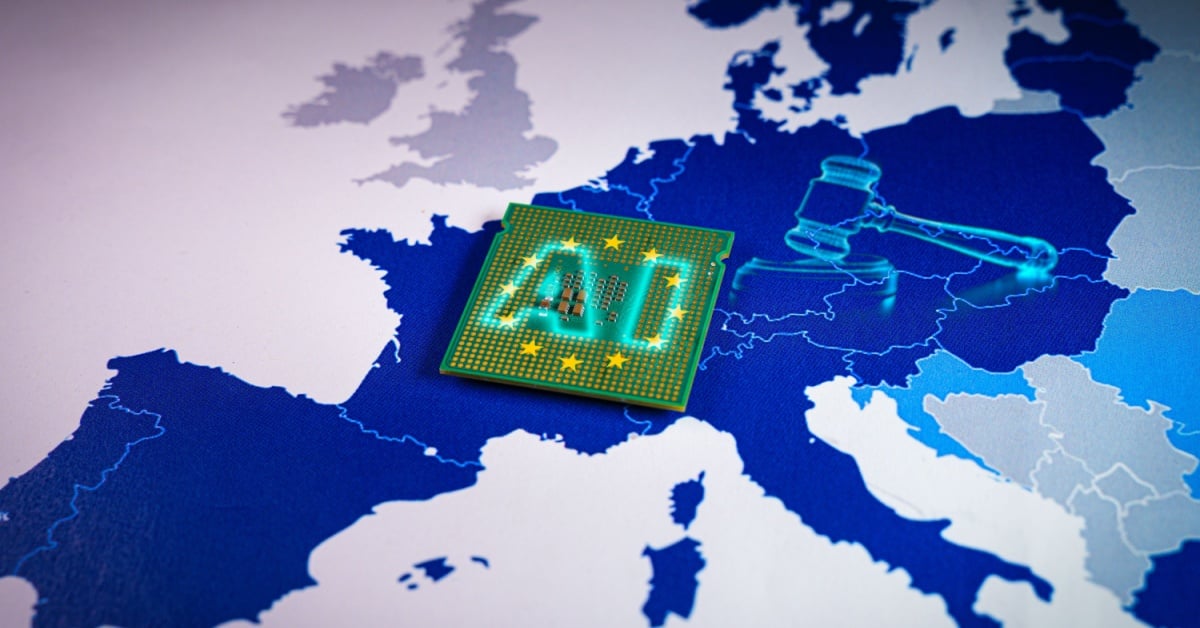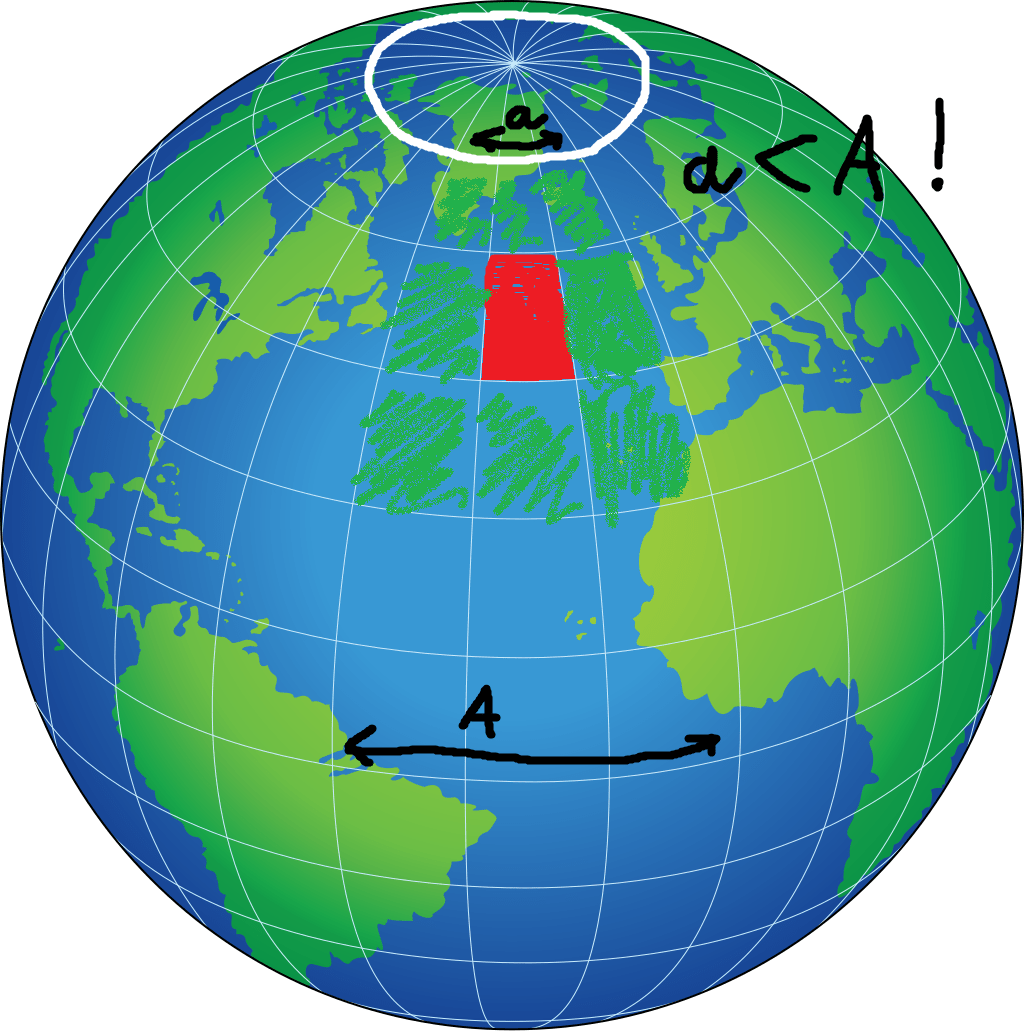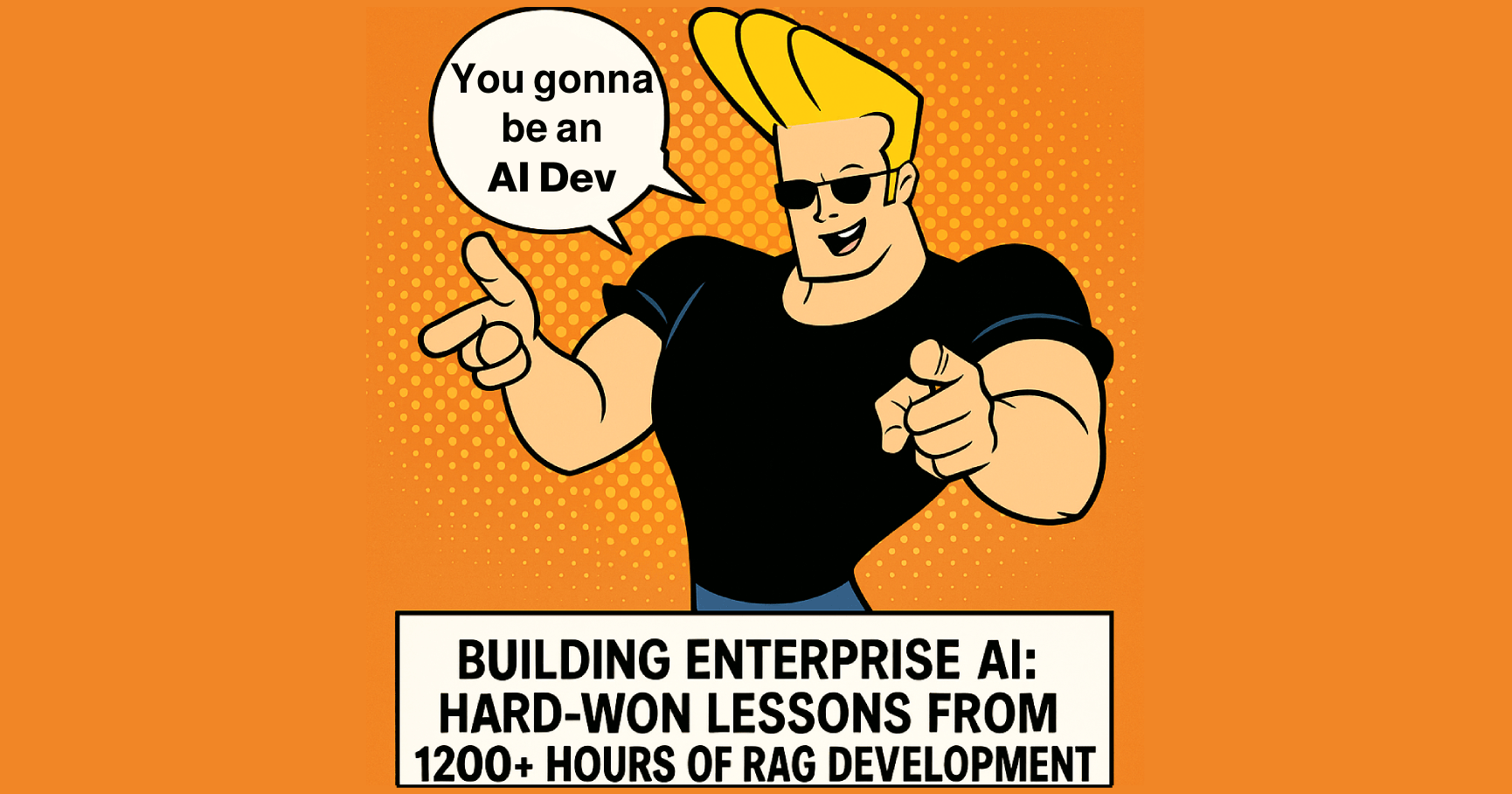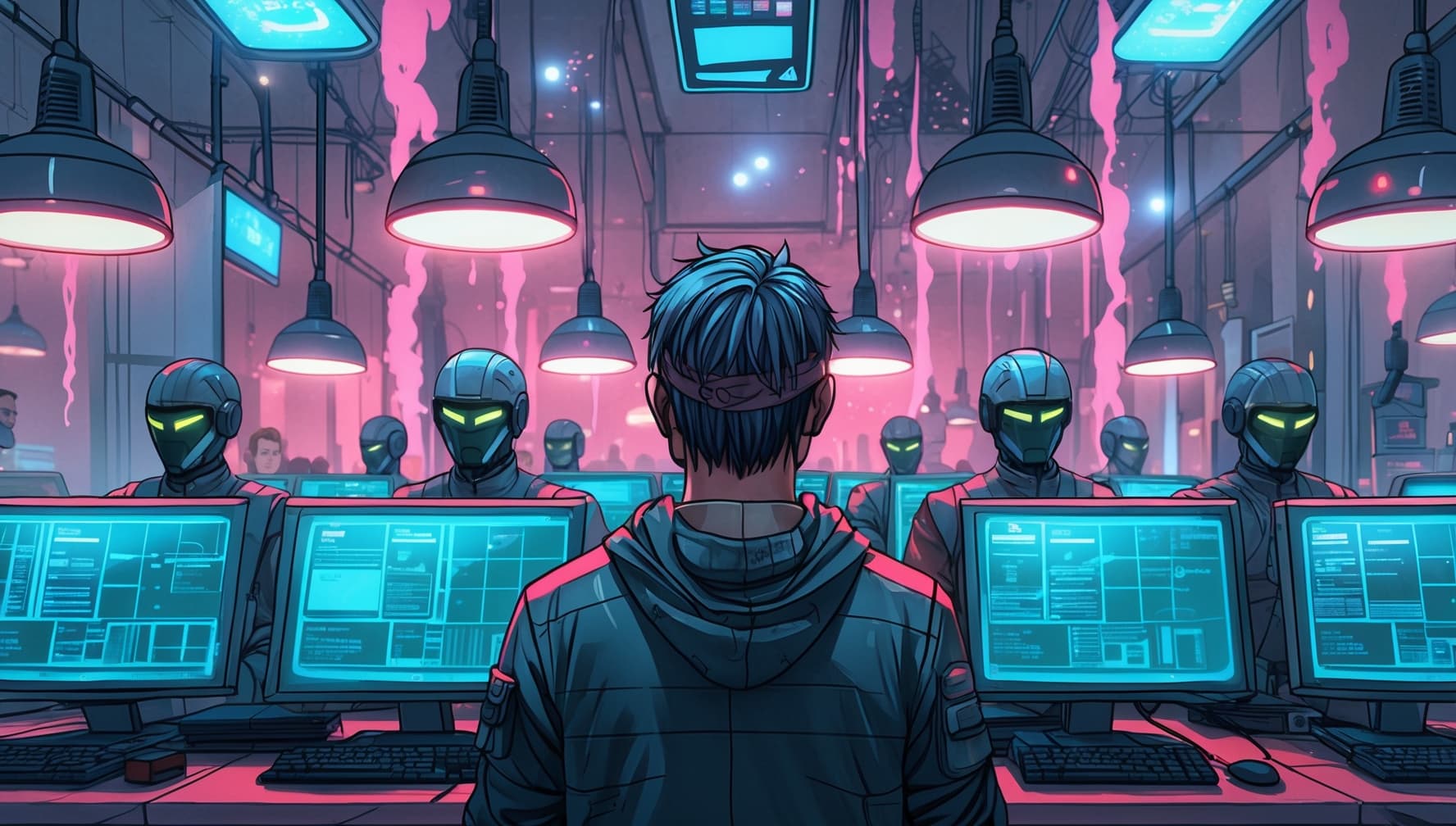
Europe's AI crackdown starts this week and Big Tech isn't happy
It is a little more than four years since the European Union first proposed legislation to govern tech companies that build AI systems and how users deploy them. A lot has changed since then.
In November 2022, OpenAI launched ChatGPT, which – as well as being able to write convincing poems – tempted tech businesses to question how they were going to make money from the software.
Fast forward a couple of years, and nearly every enterprise application builder is including generative AI, promising enhanced productivity. Once it became clear how models like ChatGPT were trained – including those used for visual and musical content – copyright holders began to question whether they were being rewarded for their creations, leading to a string of court cases.
At the same time, Europe and America began to diverge on their approach to tech regulation with the re-election of Donald Trump as US president in late 2024.













